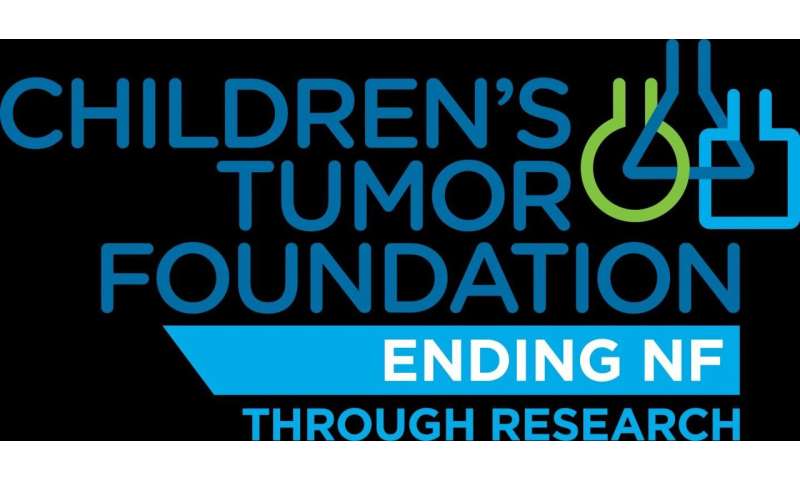FDA accepts submission for selumetinib as treatment for neurofibromatosis

AstraZeneca and MSD (Merck) announced today that the U.S. Food and Drug Administration (FDA) has granted acceptance to file status of its application for the MEK inhibitor selumetinib, for use in patients with plexiform neurofibromas, a common manifestation in the disease neurofibromatosis type one (NF1). The FDA’s acceptance of the application is a major milestone for selumetinib becoming the first ever approved treatment for NF patients. This follows previous designations from the FDA granting the treatment orphan drug status as well as breakthrough status, and now enters the drug into the FDA’s approval pipeline. The FDA also granted priority review, and a PDUFA (Prescription Drug User Fee Act) has been set for the second quarter of 2020.
This application follows comprehensive clinical testing of the drug in patients at the National Cancer Institute (NCI), a division of the National Institutes of Health (NIH). In those clinical trials, over 70% of NF patients with inoperable plexiform neurofibromas saw tumor size reduction anywhere from 20-55% in size. In addition to both visible and actual tumor reduction, patients reported higher-quality physical function, improved mobility, and enhanced emotional and psychological status.
The first use of MEK inhibitors as a potential treatment for NF tumors came from an early-stage discovery by Children’s Tumor Foundation (CTF)-funded researchers, who showed that the repurposed oncology drug selumetinib could affect NF tumor size. Positive early clinical results were first reported at CTF’s annual scientific NF Conference in 2015, as well as in a subsequent publication in the New England Journal of Medicine.
Collaborative efforts among the NCI, the NIH, the NFRP-CDMRP (Neurofibromatosis Research Program of the Congressionally Directed Medical Research Programs), NTAP (Neurofibromatosis Therapeutic Consortium), and CTF ensured that this ‘MEK Story’ proceeded efficiently and expeditiously through proactive and strategic coordination, which included patient input in the mix. A soon-to-be-published paper on this unique collaboration, and its potential application for other disease areas, will appear in EMBO Molecular Medicine. Other types of MEK inhibitors are also now in clinical trial, including mirdametinib from SpringWorks Therapeutics, a company which CTF helped spin off from Pfizer.
Source: Read Full Article


